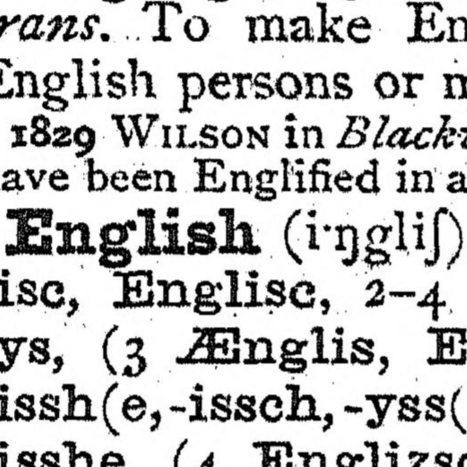Hello, English is my second language. I was just reading a sentence where I got a little confused with the use of “their”:
In fact, the people prone to such behavior are liable to do it even more once there’s no chance of their getting caught.
I’ve never heard “their” in this context, only “them getting caught”. Is this correct grammar?
Yes, it’s correct. “Getting caught” is a gerund and acts as a noun that they can possess, hence their getting caught.
Them getting caught is also correct but them acts as a direct object in this case. You could drop them and still have a readable sentence, “…no chance of getting caught”, but them just adds more info.
Their getting caught has fallen out of use in American English in favor of them getting caught, but both are still correct. The former gives me a more formal feeling as well, suitable for academics.
Thanks!
Similar to “if you don’t my asking” - as a native English speaker even, I used to say “if you don’t mind me asking”. I think the latter is even more common as the colloquial but I try to use proper grammar where I can so have adopted the former.
It seems awkward in this sentence for some reason, I have seen it (their) used before, but in those instances it made l more sense in my head.
One could also not use either “their” or “them” and it would still be correct. I’d even argue that makes it clearer.
I don’t think your average english speaker will say it like this, it is awkward for modern conversational english


